When God’s people read the Bible, we do so with the expectation that the Holy Spirit will shape and teach us. John 14:26 says, “But the Helper, the Holy Spirit, whom the Father will send in my name, he will teach you all things and bring to your remembrance all that I have said to you.” 2 Timothy 3:16–17 says, “ All Scripture is breathed out by God and profitable for teaching, for reproof, for correction, and for training in righteousness, that the man of God may be complete, equipped for every good work.”
How do we engage in this process of learning from God’s word? Whether you are reading the Bible personally or with others, these 4 questions offer a helpful guide as we seek to see, understand, and remember the gospel in the scriptures. Simply read a passage of scripture, then slowly and prayerfully work through the questions on your own or in a group setting.
DISCUSSION & STUDY QUESTIONS
WHO IS GOD?
What do we learn about his character and nature in light of this passage?
What does the text say about the character and nature of God? The Bible is God's story - Father, Son, Spirit - so we begin by asking about how his character and nature are revealed in what we're reading. The story is about Him! Look for specific references to his attributes: holy, eternal, all-powerful, all-knowing, ever-present, unchanging, compassionate, gracious, patient, loving, kind, good, gentle, etc. In narrative portions, look for implied references to his attributes. What does the story reveal about his character and nature as Father, Son, and Spirit?WHAT HAS HE DONE?
What stands out to you about the work of God through Jesus Christ in light of this passage?
What does the text say about the work of God? God's work throughout all of human history is diverse and magnificent. All of it is worth proclaiming! However, the person and work of Jesus is revealed on every page of the Bible (Luke 24:27). He is the hero and the main character. The Spirit does not want us to miss Jesus!
Look for references to the life, death, and resurrection of Jesus, either through foreshadowing (saving Noah in the flood, redeeming Israel from slavery in Egypt, King David as a man after God's own heart), through prophecy (Psalm 22, Isaiah 53), or through the New Testament story of Jesus' earthly life and the establishment of his church. This ensures a uniquely Christian, gospel-centered answer to this question.WHO ARE WE?
What is our identity as a result of God's work in light of this passage?
What does the text say about our identity? God has always been working to save "a people for his own possession." (1 Peter 2:9) Throughout the Bible, note the things that are true of God's people. This adds depth and richness to our understanding of who we are as New Covenant believers. For example, the Levitical priests were anointed and set apart for special service to God. Now, we are all anointed with God's Spirit (2 Cor. 1:21-22), and, because of Jesus, are all a part of God's "royal priesthood," set apart for special service to God.HOW DO WE LIVE?
Practically, how do we get to live in light of our new identity in light of this passage?
In light of all of this, how do it change the way we live? When reading the Bible, we almost always start with the question, "How does this apply to my life?" But rightly motivated, gospel-centered action flows out of an understanding of who God is, what he's done, and who we are in light of God's character and work. Rather than starting with this question, end with it. And then, take action! Jesus warns against being merely a hearer of his word but not a doer (Mt. 7:24-27). The gospel motivates and empowers us to live in an entirely new way.
(Questions Adapted from Growing in Christ Together (Abe Meysenburg, Brad Watson, and Justin Kuravacka)


